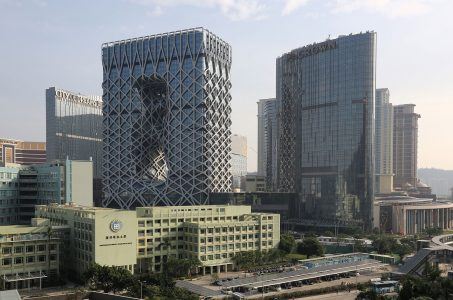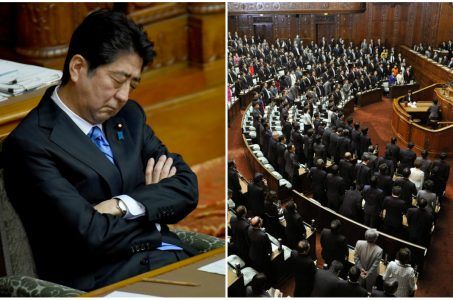Laos Looks To Increase Levies on Gaming as Nation’s Economic Conditions Marginally Improve
Posted on: June 26, 2019, 09:16h.
Last updated on: June 26, 2019, 09:16h.
Casino operators in Laos may be sharing more of their revenue with the government starting next year. Several regional news organizations reported this week that the levy on gaming venues or casino games will jump from 35 to 50 percent.

GGRAsia explained that the term “levy” can be defined in different ways in Southeast Asia. It could either be a tax on a percentage of gross gaming revenue that is bet at the venue or it could be a flat tax on casino bets or table games/machines, the report said. Or it even could take another form.
The move is not a surprise. GGRAsia recently quoted an industry source that Laos was expected to standardize taxes and rules on gaming nationwide.
Local news reports suggest the Laos government has a wider goal of increasing taxes on many luxuries or what are seen as vices. Some examples are golf, alcoholic beverages, auto racing, cock fighting and horse racing.
Laos faces a lot of poverty. Even though poverty levels dropped over the last 10 years, the nation’s poverty rate was 23.2 percent as of 2017, according to the Borgen Project. Per capita income in Laos in 2017 was $1730.40, Trading Economics reported.
Conditions are particularly challenging for those living in rural areas of the nation. Compared to nearby nations, Laos’ poverty rate is higher than Vietnam and Malaysia, and the possible tax increase could be used to help conditions of the poorer communities.
Laos, like many of its neighbors, is trying to increase economic development. Some promising sectors are construction, exporting of electricity, and tourism.
One key trading partner is Vietnam. Trade between the two nations during the first five months of this year was $492.5 million, according to the official Xinhua News Agency based in China. That represents a 13.2 percent jump contrasted to the same multi-month period in 2018, which totaled $434.9 million.
Macau Legend Could Expand Gaming Operations in Laos
News on the potential tax increase comes as Macau Legend Development Ltd. is considering expanding entertainment and gaming in Laos. The company currently operates a venue in Savannakhet.
In 2016, the company purchased the Savan Vegas Hotel and Entertainment complex for $42 million. The property is being refurbished by Macau Legend.
More improvements are likely next year, such as new gambling offerings, 40 VIP suites, and additional golfing. Savan Legend Resorts appears to be targeting patrons and guests from northern Asia, including those from China.
Recently, Savan executives said they would be willing to spend up to $500 million more in Laos.
Kings Romans Casino Reputation
The Kings Romans Casino, on Laos’ side of the Mekong River, has attracted many tourists from China, too.
Parts of the region have a reputation for crime. For instance, the Southeast Golden Triangle region — located near Myanmar and Thailand — is allegedly one of the world’s largest producers of heroin.
Kings Romans last year was named by the US as a “transnational criminal organization,” used by gangsters to allegedly clean cash. Its owner, Zhao Wei, was put on an organized crime sanctions blacklist, reports said.
Last year, the US government hit Hong Kong-based Kings Romans International, operator of the casino, with sanctions. There were allegations of illegal drug operations, human trafficking, trafficking of protected animal species, and prostitution.
Sources claim the Golden Triangle region has its own rules on taxation, rent, fees and punishments.
Related News Articles
Most Popular
This Pizza & Wings Costs $653 at Allegiant VIP Box in Vegas!
Sphere Threat Prompts Dolan to End Oak View Agreement
Fairfax County Officials Say No NoVA Casino in Affluent Northern Virginia
Atlantic City Casinos Experience Haunting October as Gaming Win Falls 8.5%
Most Commented
-
VEGAS MYTHS RE-BUSTED: Casinos Pump in Extra Oxygen
— November 15, 2024 — 4 Comments -
Chukchansi Gold Casino Hit with Protests Against Disenrollment
— October 21, 2024 — 3 Comments
















No comments yet